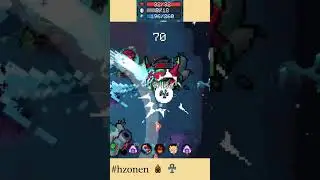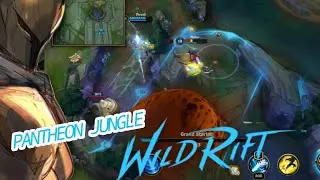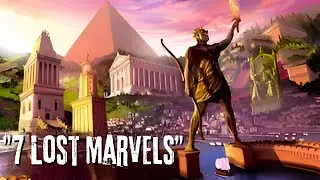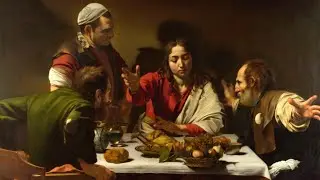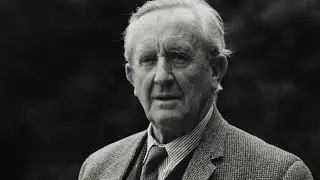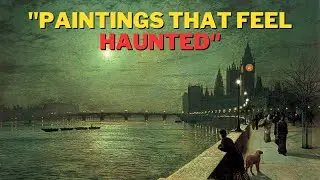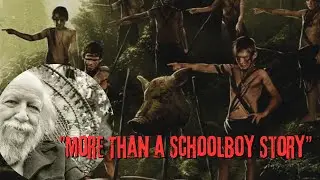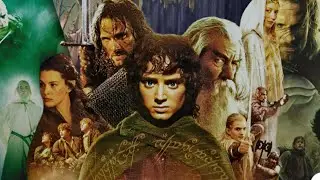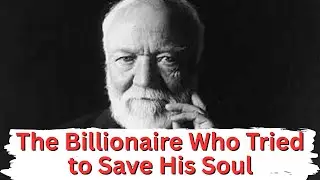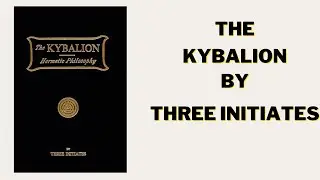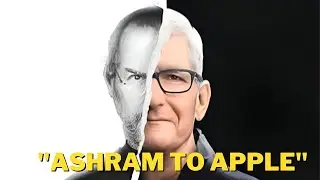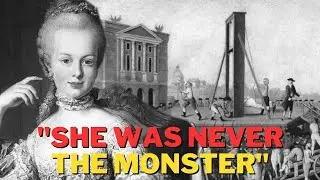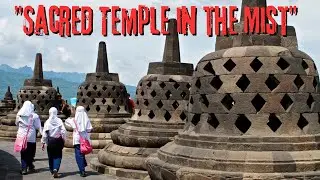William Golding’s Warning to the World: The Evil Inside Us All
William Golding's Lord of the Flies is more than just a novel; it’s a haunting exploration of human nature and the eternal battle between good and evil that exists within us all. Written in 1954, this masterpiece continues to captivate readers with its gripping narrative and profound psychological depth.
In this video, we delve into the story of Lord of the Flies and its rich layers of symbolism. We uncover Golding’s genius in portraying the fragility of civilization and the primal instincts lurking beneath society's surface. From the innocence of childhood to the terrifying descent into chaos, this story is an allegory for the duality of human nature.
Join us as we analyze the profound themes, unforgettable characters, and thought-provoking questions raised by Golding’s work. Together, we’ll explore how Lord of the Flies continues to resonate in a world grappling with the balance between morality and the darker sides of human instinct.
What This Video Covers
Introduction to William Golding and Lord of the Flies
A brief overview of Golding’s life and his inspiration for writing Lord of the Flies.
The novel's reception and enduring legacy.
The Plot: Innocence and Descent into Chaos
A concise summary of the story: from the boys’ arrival on the island to their descent into savagery.
Key moments that highlight the collapse of order.
Exploring the Battle Between Good and Evil
The novel as an allegory for the inner conflict within every human being.
Key symbols like the conch shell, Piggy’s glasses, and the “beast.”
How the characters represent different aspects of humanity (Ralph as order, Jack as chaos, Simon as morality).
Themes and Symbolism in the Novel
Civilization vs. savagery: How quickly order collapses without structure.
The loss of innocence: A chilling look at the darkness of human instincts.
Leadership, power struggles, and their implications for society.
Golding’s Philosophy on Human Nature
Discussion of Golding’s belief that humanity's instincts are inherently flawed.
How Lord of the Flies reflects his views on war, morality, and civilization.
Relevance Today
How Lord of the Flies mirrors modern societal conflicts.
Lessons we can learn about morality, leadership, and human behavior.
Why This Story Matters
Lord of the Flies is a timeless piece of literature because it challenges us to confront the complexities of human nature. Golding forces us to ask difficult questions: Are humans inherently good, or do we simply hide our darker instincts behind the veneer of civilization? This exploration of morality and chaos is as relevant today as it was when the book was first published.
Who Should Watch This Video?
Literature enthusiasts and fans of Lord of the Flies.
Students analyzing themes in Golding’s works.
Anyone interested in exploring the psychology of human behavior.
Readers fascinated by allegorical and philosophical novels.
Call to Action
👉 Dive deep into the genius of William Golding! LIKE, SHARE, and SUBSCRIBE to @CryptoStoicInsights for more in-depth explorations of literature, philosophy, and history.
🔔 Hit the notification bell to never miss an insightful upload!
Engage with Us
What do you think about Golding’s portrayal of human nature in Lord of the Flies? Share your thoughts and interpretations in the comments below!
Conclusion
William Golding’s Lord of the Flies is more than a story—it’s a mirror that reflects humanity’s inner struggle with good and evil. Through its gripping narrative and profound themes, it continues to inspire, challenge, and provoke thought in readers around the globe.
Join us on this journey as we unravel the layers of Golding’s masterpiece and uncover what it truly means to confront the darkness within us all.

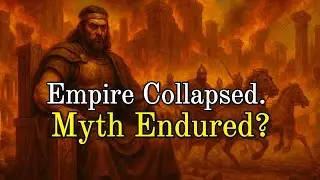
![TitoM and Yuppe - Disturb My Peace [Ft. LastBornDiroba, Xduppy and TmanXpress] (Official Audio)](https://images.mixrolikus.cc/video/1W-AdFcOBgk)
